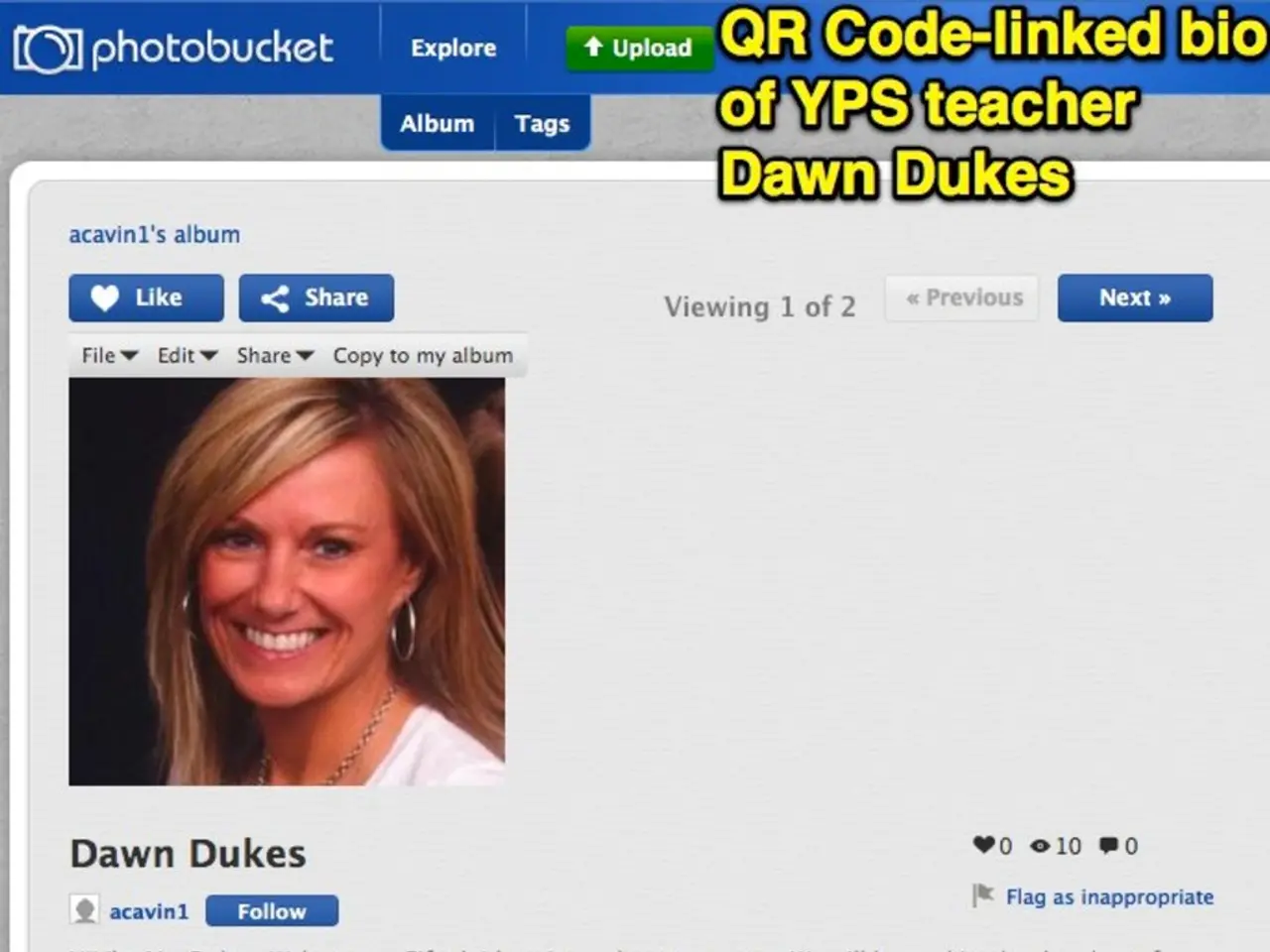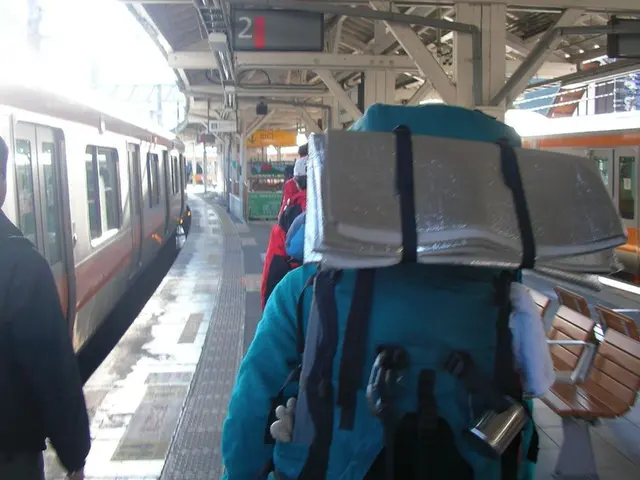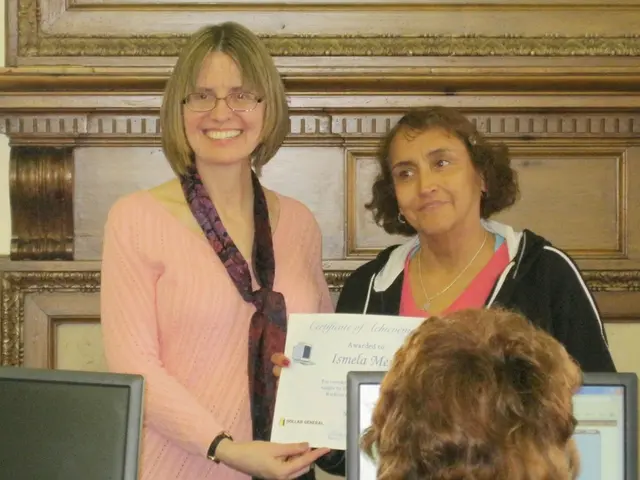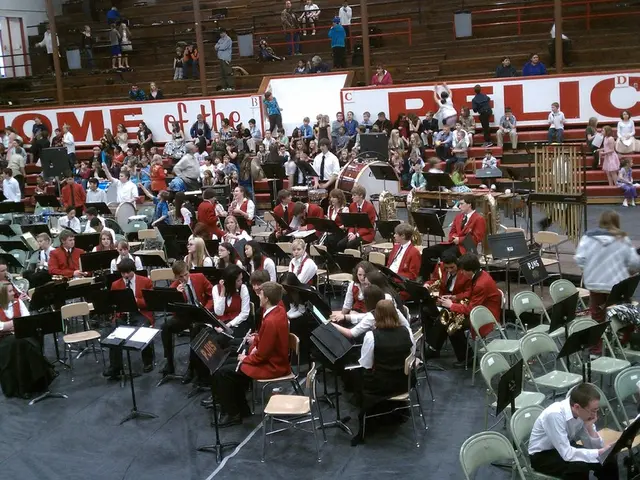Social media scrutiny for all prospective student visa applicants in the United States
The United States has announced significant changes to its student visa application process, effective from June 2025. This enhanced vetting will apply to applicants seeking F, M, and J visas, which cover academic, vocational, and cultural exchange students, respectively.
### Key Changes in the Screening Process:
The new guidelines include a comprehensive review of applicants' online footprints, extending beyond simple social media checks to include public databases and other digital content. Consular officers are instructed to take detailed case notes and screenshots of applicants' online presences to prevent later edits or alterations of online content [1][3].
Applicants are now required to make their social media accounts publicly accessible. Failure to comply may be viewed as an attempt to conceal information, potentially impacting visa approval decisions [3][5].
### Factors Considered for Increased Vetting:
Consular officers are directed to identify applicants who display hostile attitudes towards U.S. citizens, culture, government, institutions, or founding principles. They are also expected to flag individuals who advocate for, aid, or support designated foreign terrorist organizations or threats to U.S. national security. Applicants engaging in unlawful antisemitic harassment or violence will also be scrutinised [1][3].
Political activism that may indicate a likelihood of ongoing activism while in the United States is another factor to be considered [3].
### Impact:
The new guidelines may lead to longer processing times due to the intensive scrutiny required, but they aim to balance security concerns with the timely processing of student visas, particularly during the May-to-August window for academic admissions [1][3].
### Resumption of Visa Interviews:
After a four-week pause starting late May 2025, visa interviews have resumed with these requirements in place. The pause allowed consular posts to prepare for and implement the new vetting procedures [1][2][3].
### Prioritisation of Physicians and University Students:
Embassies are allowed to resume scheduling student visa interviews but are urged to prioritise physicians applying for a "J-1" visa and students planning to study at a U.S. university where international students constitute 15% or less of the total student population [1].
The U.S. State Department has currently suspended all educational visa appointments to develop a new set of rules for social media vetting [1].
### The State Department's Commitment:
The State Department asserts that every visa adjudication is a national security decision. Discovery of potential threats online would not immediately result in visa ineligibility but would trigger additional review to determine whether an applicant will respect U.S. laws and engage only in activities consistent with their nonimmigrant visa status.
The United States is committed to protecting the nation and its citizens by upholding high standards of national security and public safety through the visa process [1][4][5].
[1] State Department Cable [2] Visa Bulletin [3] Embassy Guidelines [4] National Security Advisor Briefing [5] White House Press Release
In the enhanced student visa application process effective from June 2025, technology will be utilized to review applicants' online footprints, which includes public databases and social media accounts. This comprehensive review is aimed at promoting education-and-self-development by ensuring that applicants don't advocate for, aid, or support any activities or organizations that pose threats to U.S. national security or display hostile attitudes, including unlawful antisemitic harassment or violence.
During sports activities or other extracurricular engagements in the United States, students must adhere to the principles of respect and lawful conduct to maintain their visa status.




